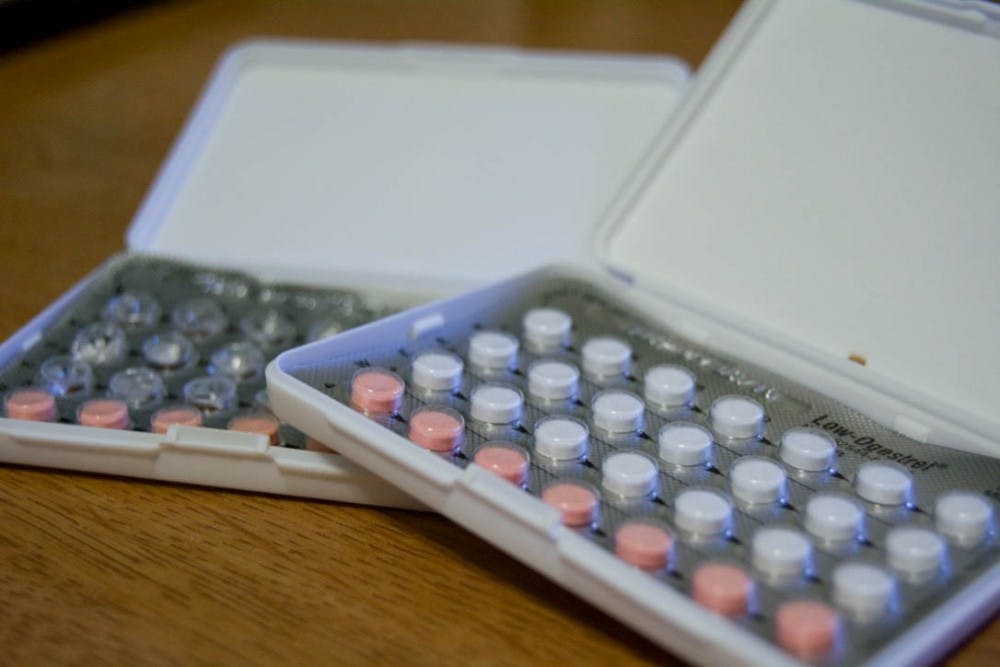Reproductive-aged women use hormonal birth control methods for reasons that extend far beyond preventing pregnancy — from regulating menstruation to reducing the pain and flow associated with periods — but new research shows those methods can also have an effect on a person's emotional well-being.
There is a 40 percent increased risk of developing depression after using hormonal contraceptives for six months, according to a study published in the American Medical Association's psychiatric journal. The study took place from 2000 to 2013, analyzing more than a million women ages 15 to 34, excluding women with psychiatric diagnoses prior to 2000.
Sue Campbell, a certified nurse midwife at the Holzer Health System on East State Street, said that the age group is already at risk for depression.
“The one thing to keep in mind is that the group of people that utilize hormonal birth control is at a point where there’s a lot of angst in their lives, so they’re prime for having depression symptoms,” Campbell said.
Depo-Provera, a hormonal birth control shot administered once every three months, can provoke more depression symptoms because it comes in larger doses, Campbell said.
Niara Stitt, a senior studying political science pre-law, experienced that firsthand after being on Depo-Provera for about two years in an attempt to combat painful cramps. In addition to physical symptoms, such as dizziness and an irregular menstruation cycle that caused low iron levels, Stitt fell into depression.
“I don’t know for a fact if that’s the reason, but the year that I struggled with depression was the year I was on Depo-Provera,” Stitt said. “That might’ve been an added element that made it a little worse.”
Stitt later switched to the pill, which has a lower hormonal dose, and said she is significantly happier.
Abbie Zehentbauer, a freshman studying political science pre-law, first noticed depression symptoms in sixth grade, the same year she began taking the pill to regulate her heavy flow.
“I’m very moody and angry a lot of the times,” Zehentbauer said. “It’s all I’ve ever known at this point.”
Though there are negative effects of hormonal birth control, Campbell said a lot of good can come from it.
“(The Holzer Health System) uses birth control methods for treating irregular cycles, treating polycystic ovarian syndrome and preventing pregnancy,” Campbell said. “Every medication has a side effect.”
Sometimes, however, Zehentbauer said the side effects can be crippling in everyday life.
Still, she said she is not likely to wane off of birth control anytime soon.
“I don’t want to worry about getting pregnant and it being the end of the world for me,” she said. “I’d rather live the way that I’ve lived for the past seven years than worry about having to raise a child.”
For women who are sexually active and want to explore other birth control methods, there are other options such as an Intrauterine Device, commonly known as an IUD, Campbell said, although some IUDs still release hormones.
“I would definitely consider (having an IUD) because there’s flexibility,” Stitt said. “You can choose how long you want the IUD to last, which is really great for some women.”
After hearing about the study linking depression and birth control, Zehentbauer said she will consider possible non-hormonal alternatives.
“I would consider going off the pill,” Zehentbauer said. “I’m going to start thinking about it more after hearing about the research.”






